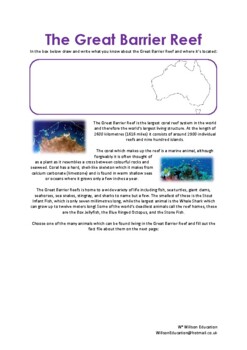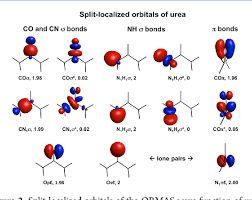Ecology (from Greek: οἶκος, “house” and -λογία, “study of”)[A] is the study of the relationships between living organisms, including humans, and their physical environment. Ecology considers organisms at the individual, population, community, ecosystems, and biosphere level. Ecology overlaps with the closely related sciences of biogeography, evolutionary biology, genetics, ethology and natural history. Ecology is a branch of biology, and it is not synonymous with environmentalism.
Among other things, ecology is the study of:
- Life processes, antifragility, interactions, and adaptations
- The movement of materials and energy through living communities
- The successional development of ecosystems
- Cooperation, competition and predation within and between species.
- The abundance, biomass, and distribution of organisms in the context of the environment.
- Patterns of biodiversity and its effect on ecosystem processes
Ecology has practical applications in conservation biology, wetland management, natural resource management (agroecology, agriculture, forestry, agroforestry, fisheries), city planning (urban ecology), community health, economics, basic and applied science, and human social interaction (human ecology).
The word “ecology” (“Ökologie”) was coined in 1866 by the German scientist Ernst Haeckel, and it became a rigorous science in the late 19th century. Evolutionary concepts relating to adaptation and natural selection are cornerstones of modern ecological theory.
Ecosystems are dynamically interacting systems of organisms, the communities they make up, and the non-living components of their environment. Ecosystem processes, such as primary production, nutrient cycling, and niche construction, regulate the flux of energy and matter through an environment. Ecosystems have biophysical feedback mechanisms that moderate processes acting on living (biotic) and non-living (abiotic) components of the planet. Ecosystems sustain life-supporting functions and provide ecosystem services like biomass production (food, fuel, fiber, and medicine), the regulation of climate, global biogeochemical cycles, water filtration, soil formation, erosion control, flood protection, and many other natural features of scientific, historical, economic, or intrinsic value.
| Category | Science |
| Tag | Homeschool |





Write a Review
Leave a reply Cancel reply